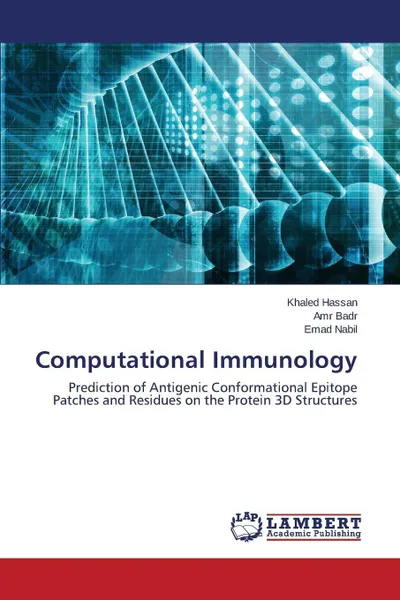Computational Immunology 14+
2015
120 страниц
Категория: Научная литература
ISBN: 9783659710971
Язык: Английский
📓 Vaccination is a method of stimulating resistant in the human body to specific diseases using microorganisms (bacteria or viruses) that have been modified or killed. Currently, the available vaccines are composed of killed or life attenuated the whole pathogens before being injected to the human body. Despite the advantages of such vaccines, there are a lot of potential safety problems such as incomplete inactivation of the killed pathogens or the evolution of the attenuated virus. Instead of the entire microbe, subunit vaccines include only the antigens that best stimulate the immune system. This type of vaccine uses epitopes - the very specific parts of the antigen that antibodies or T cells recognize and bind. Identification of epitopes that invoke strong responses from B-cells is one of the key steps in designing effective vaccines against pathogens. In this book, we developed a novel computational method "CBCPRED" to predict the conformational B-cell epitope residues from the target antigen protein structure. In addition, we proposed - PatchTope - A different vision in the identification of the antigenic epitope sites in the antigen structure chain.
Мнения
